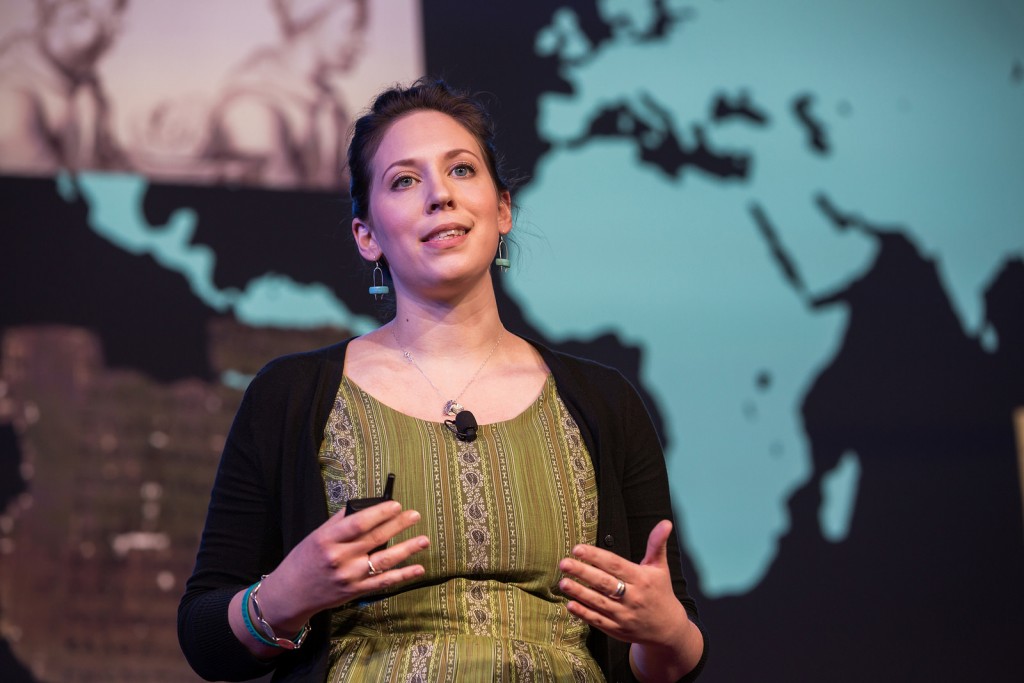Page 45 • (493 results in 0.061 seconds)
-

, thermodynamics, electromagnetic theory and even quantum mechanics, and regularly apply what you’re learning in hands- on laboratories taught by professors (never teaching assistants!). When you graduate, you’ll be well- prepared for graduate study in many areas of the physical sciences and engineering, or to pursue professional careers in the industry. Graduates from the last 5 years: Their jobs Engineer Officer, United States Army Reserve Systems Design Engineer, Thermo Fisher Scientific Test Engineer
-
theory and practice in a work situation. The title will be listed on the student term-based record as Intern: followed by the specific title designated by the instructor in consultation with the student. (1 to 4) HISP 499 : Culminating Experience - SR An opportunity for students to integrate learning objectives and demonstrate competence in Hispanic and Latino Studies through a research project, experiential learning placement, or combined project with a complementary major. With the guidance of a
-
): ECON 101: Principles of Microeconomics Business principles (4 credits from the following): BUSA 201: Introduction to Business in a Global Environment Design and Communication principles (4 credits from the following): ARTD 110: Graphic Design 1- An introduction to design through the study of basic techniques, color theory, and composition. COMA 215: Writing in Communication Careers- Introduces students to the fundamental standards and expectations in communication writing. 3) Elective Four Semester
-
future informed by the school’s ideals of “competence, leadership and service”. During the 11 years I was there, we were able to increase our standards and enrollment, adding faculty positions in music theory, choir and music therapy. About the time the job opening at PLU was published, we hosted noted composer Morten Lauridsen in a sell-out concert at Trinity Cathedral (Portland). I realized the department had accomplished most of the what we had attempted to do, and decided it was a good time to
-

potentially huge impact. “She is on the ground floor of a relatively new field that has the possibility of making all kinds of great insights into cancer in the evolution of history,” Ryan said. As Hunt and other researchers unearth more and more ancient evidence—breast cancer in 3500 B.C. Egypt, osteo-sarcoma in a T. rex femur—Hunt has formed an intriguing theory: She believes cancer is inherent in human beings and is aggravated by—rather than caused by—environmental factors. Her goal now is to gather
-
Foundations of Care Delivery & Health Promotion (3) NURS 307 Health & Physical Assessment (3) NURS 308 Clinical Practicum I (3) NURS 309 Professional Foundations & Principles of Leadership (2) NURS 310 Scholarly Writing Concepts (1) NURS 311 Patho/Pharm II (2) NURS 314 Care of Chronic Conditions (3) NURS 315 Psych/Mental Health (2) NURS 316 Clinical Practicum II (5) NURS 317 Theory & Evidence (1) NURS 318 Research Methods (2) NURS 319 Healthcare Technology (1) NURS 401 Care of Complex
-
amplify the reading’s themes or information (Resources), and an example from the students’ personal experience that relates to the reading (Application). 15Consider ThisStudents are given a theory or concept that they have been taught (for example, thesis statements, the scientific method, or push-pull factors) and are challenged to figure out a way to apply it in a new and different context. 16What’s the Problem?Students look at examples of common problem types in order to identify the particular
-
. Johanne (Jo) Madsen, 2016Jo is currently working for State Farm as a claim handler and is excited about learning more about insurance hands-on. She is still working towards going back to school for her masters, but is enjoying learning about economics outside “theory land” as it is a great way for her to find out what topics she wants to dive into when she returns to school. Elizabeth (Molly) Maloney, 2016Elizabeth (Molly) Maloney is continuing her studies at University of California, Irvine, where
-

.” Hofrenning was born in Colombia and adopted by parents in Northfield, Minnesota. He said he gravitated toward Hispanic studies as a way to study his native culture. His religion minor is a nod to his mother’s career as a Lutheran pastor. The latter, he believes, can act as a force for progressive action. “I just think religion is a really important part of my theory of social change,” he said. “I had to understand the theology of different religions and how they play out in terms of liberating people
-
eleventh president of the school.Loren J. Anderson, 1992-2012 Loren J. Anderson was born on July 6, 1945 and was raised in Rugby, North Dakota. He received a Bachelor of Arts degree in philosophy from Concordia College and a master’s degree in rhetoric and public address from Michigan State University in East Lansing. He also earned a doctorate in communication theory and research from the University of Michigan in Ann Harbor. Loren Anderson became president of Pacific Lutheran University in 1992
Do you have any feedback for us? If so, feel free to use our Feedback Form.


